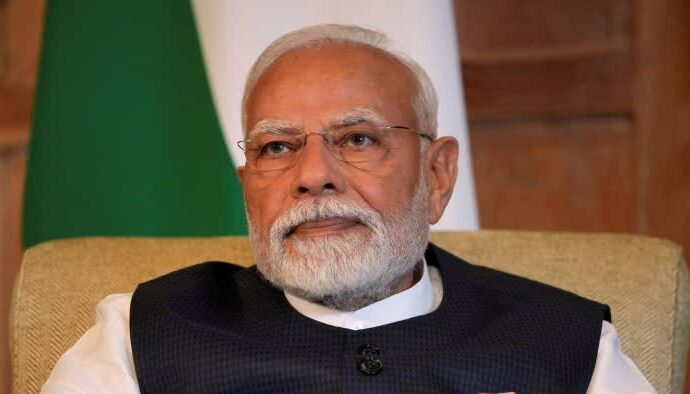Unlock the Editor’s Digest for free
Roula Khalaf, Editor of the FT, selects her favourite stories in this weekly newsletter.
Shares in South Korea surged on Monday morning after the country’s financial regulator issued a blanket ban on short selling to appease retail investors ahead of parliamentary elections next year.
The country’s benchmark Kospi index rose as much as 4 per cent, with battery company LG Energy Solution jumping more than 20 per cent and Posco Future M, a battery materials company, up 28 per cent. The technology-focused Kosdaq index rose as much as 6 per cent.
The ban imposed by the Financial Services Commission will be in place until June 2024 and applies to all listed stocks in South Korea. “Despite previous regulatory improvements, concerns remain high over fair price formation in the domestic stock market due to repeated illegal naked short selling by global institutional investors,” FSC chair Kim Joo-hyun said on Sunday.
He added that the FSC would use the period between now and June next year to improve regulations on short selling and said the government would conduct an investigation into “naked” short selling by global institutional investors.
“We will apply a zero-tolerance approach to illegal naked short selling practices,” Kim said. “Perpetrators will be strictly punished and face criminal prosecution.”
Financial regulators last month said they planned to impose fines on two global investment banks, which they have not identified, in Hong Kong for their “routine and intentional” naked short selling of equities. Naked short selling is the illegal practice of short selling shares without first borrowing them or confirming they can be borrowed.
The ban reverses regulators’ decision in 2021 to lift short selling restrictions on the Kospi 200 and Kosdaq 150 stocks. The restrictions had been imposed during the pandemic to shore up the stock market.
An Hyung-jin, chief executive of Seoul-based hedge fund Billionfold Asset Management, described the regulators’ move as a response to “negative public sentiment amid a sluggish stock market” ahead of general elections for the National Assembly in April.
Short selling emerged as a hot-button issue in South Korean politics during the pandemic, with the country’s army of retail investors — widely known as “ants” — lobbying for restrictions on the practice as they battled institutional investors hedging their positions.
The FSC’s Kim said on Sunday that the temporary ban would “fundamentally ease the tilted playing field between institutional and retail investors”.
An said the FSC’s decision surprised those who had expected regulators to lift the ban on short selling altogether as part of Seoul’s longstanding campaign to be upgraded by leading index providers to developed market status.
“Domestic investors will welcome the move, but this will make Korea’s upgrade more difficult,” said An. “The short selling ban can be a small trigger for short-term gains, but the country’s macroeconomic situation should improve for the market to rebound in the long term.”
The Kospi fell by almost 15 per cent between the beginning of August and the end of October due to persistently high interest rates in the US. It started to rise last week as results from South Korean chipmakers SK Hynix and Samsung Electronics pointed to a recovery in the global memory chip sector.
